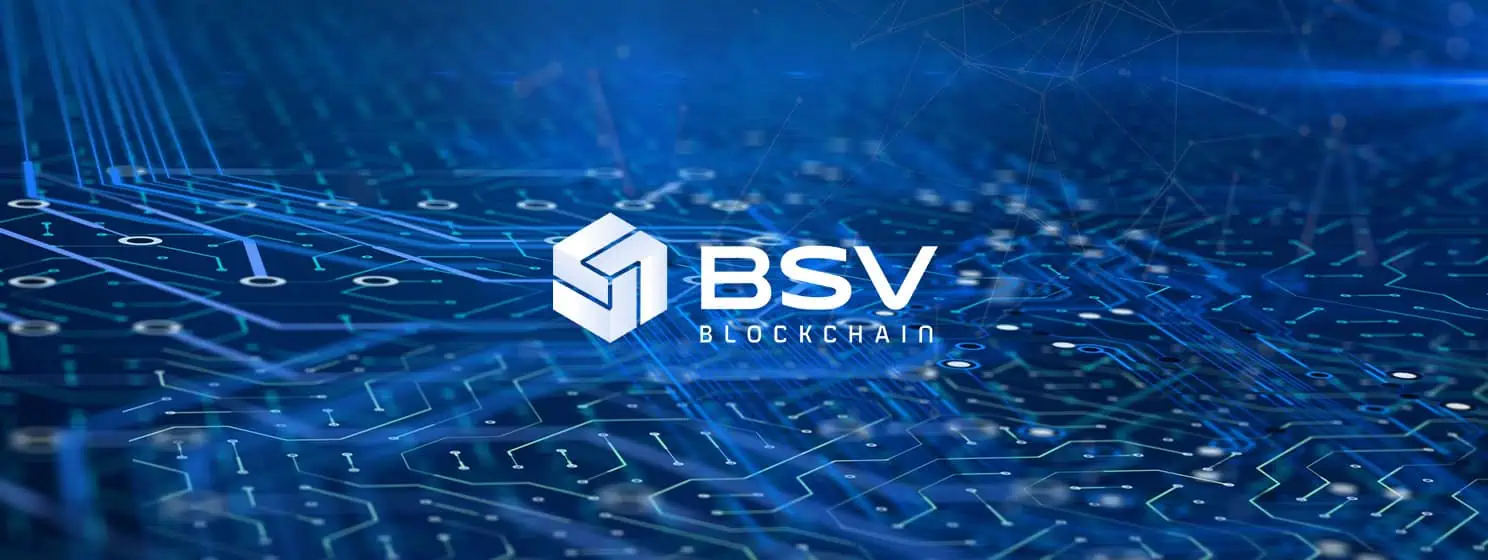|
Getting your Trinity Audio player ready...
|
Adding a software development kit (SDK) and unified library for the Golang programming language will make applications using simplified payment verification (SPV) easy, said the BSV Association. Released in August 2024, the Go SDK complements BSV’s other libraries, including Python and TypeScript SDKs.
The SDK is available on GitHub, along with details of its features and instructions on how to install and use it.
“Go is a very simple language to create high performance applications, specializing in concurrency (doing many things at the same time),” said developer David Case, who contributed to the library.
“It’s way faster than JavaScript or Python and much simpler than C++ or Rust.”
The BSV Association has embarked on a mission to create standardized and open-source code libraries for popular programming languages. Called the BSV Blockchain Libraries Project, it is a set of essential toolkits for developers and a middleware layer for the BSV blockchain technology stack. By standardizing the code libraries in this manner, BSV is also helping to create a rich talent pool of developers who work with best practices and will also be available to other businesses and organizations seeking to build sophisticated applications on the world’s fastest and most scalable proof-of-work blockchain.
Go (often known as Golang) is a compiled language developed and released by Google (NASDAQ: GOOGL) back in 2009—coincidentally, the same year as Bitcoin itself. Its design and syntax are familiar to programmers who’ve worked with C and C++, while its simplicity and fast compiling times compared to other lower-level languages make it more convenient to work with. Its support for concurrency has proven attractive for tasks in systems programming, distributed computing, and other services requiring numerous simultaneous connections. In particular, cloud infrastructure applications and microservices have attracted Go developers, who appreciate the ability to build efficient and containerized back-end apps running across distributed systems.
Contributor Luke Rohenaz said Go strikes the sweet spot between being easy to read and understand, and being a solid low-level, fast and type-safe language like C or Rust.
“It’s a good choice for a systems library as it can produce cross-platform outputs and compliments a rich ecosystem of Bitcoin development resources already available in Go. It serves as a complement to the TypeScript Library, which is more geared toward web development as it is more focused on performance and can be used in applications that deal with higher volumes with greater efficiency,” Rohenaz said.
Features of the Go SDK include several complex development tools specific to BSV and blockchain: sound cryptographic primitives; Script-level constructs; transaction construction and signing; transaction broadcast management; Merkle Proof verification; serializable SPV structures; and secure encryption/signed messages. Standardizing these tools and carrying the BSV Association’s approval means developers new to the blockchain world no longer need to learn these concepts—which are vital to BSV’s ability to process and secure data—before they begin working on new projects.
The Go SDK and the BSV Blockchain Libraries Project lower the barrier to entry for both experienced and newcomer developers, so long as they have a degree of skill with the language in question. Following Satoshi Nakamoto’s original Bitcoin protocol rules for transaction processing, BSV has an unbounded capacity to scale and can secure any kind of data, from basic financial transactions to enterprise-tier apps used by millions of people. Its speed and low fees also make it useful for micro- and even nano-transactions, creating new economic opportunities and potentially new economic models.
Watch: Breaking down solutions to blockchain regulation hurdles

 07-18-2025
07-18-2025 





